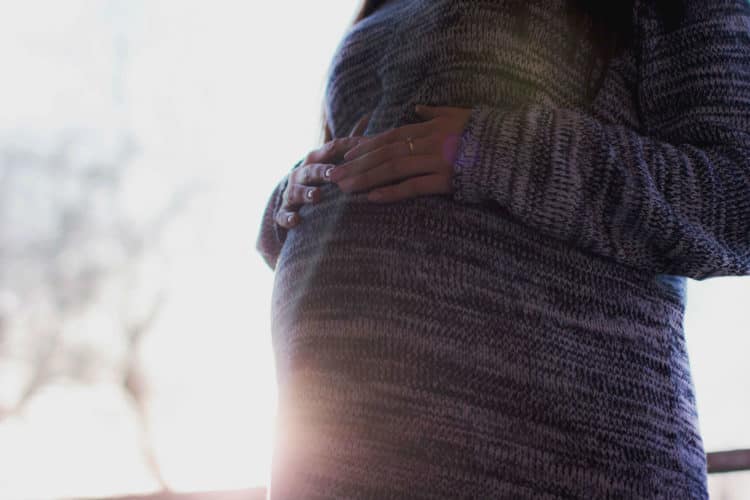If you would like to learn about the causes of pregnancy cholestasis, go to the previous article, Possible Causes of Pregnancy Cholestasis.
When a pregnant woman is diagnosed with pregnancy cholestasis, she will go through treatments and be closely monitored. This means that her medical appointments will be closer together, she will have more blood tests and fetal heart monitoring, starting from the 30th or 32nd week of pregnancy.
The doctor may also recommend treatments to reduce itching symptoms. These treatments are based on antihistamines (like for allergies, compatible with pregnancy) or other medications that will act on the blood data collected.
If required by the blood parameters, the liver function or the woman’s condition, labour may be induced from the 37th week of gestation to reduce the risks of complications towards the end of the pregnancy.
Postnatal Period
The symptoms will disappear naturally about 2-4 weeks after childbirth. This is likely due to the progressive withdrawal of hormones during the postnatal period. Other blood tests will be taken after birth. About 6-8 weeks after delivery, the doctor will request another hepatic workup of the liver enzymes to make sure that the new mother’s blood parameters are back to normal.
This article describes an infrequent but problematic pregnancy complication. Those who have had to face this situation will tell you how they remember the constant and discomforting itching. This article should help you better understand pregnancy cholestasis.
Talk soon,
Marie
The Baby Expert


